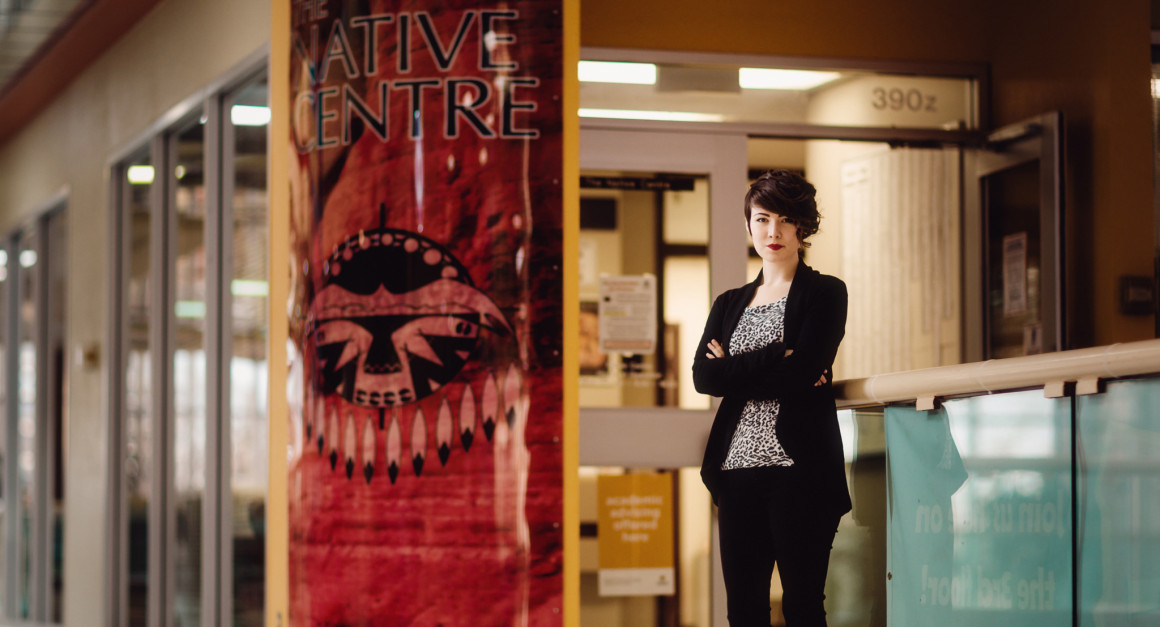
Committee formed to revise 25-year-old sexual harassment policy
By Chris Adams, January 29 2015 —
A sub-committee called Prevention of Sexual Harassment and Sexual Violence formed on Jan. 21 to develop recommendations on how to prevent sexual harassment both on campus and online.
The University of Calgary defines sexual harassment as “any type of conduct that emphasizes the sexuality, gender or sexual orientation of an individual and creates for them an offensive, intimidating or hostile environment.”
Current policy suggests individuals stop sexual harassment by informing the harasser that they’re being offensive. If that doesn’t work, they suggest contacting the sexual harassment advisor, a dean, an administrator or the police.
The committee will first meet on Jan. 29, taking the next three to four months to develop a list of recommended changes to the current policy. They’ll report their findings to provost and vice-president academic Dru Marshall in May.
Consent Awareness and Sexual Education (CASE) club president Emily Leedham is the undergraduate representative on the committee. Leedham said she was harassed on the U of C Confessions Facebook page and reached out to vice-provost student experience Susan Barker.
“We let her know the situation and said this might be a good time to be a leader on university campuses and be proactive in addressing online harassment. She completely agreed and was completely supportive. She said that they would be willing to work with us and find some solutions,” Leedham said.
The committee has two students, four faculty representatives and five “subject matter experts,” including Women’s Resource Centre coordinator Nanako Furuyama.
Furuyama hopes the committee discourages a culture of victim blaming, saying any policy should be victim-centred.
The sexual harassment policy was last changed in January 1990, despite the policy claiming that “due to the nature of the issue of sexual harassment, the policy and procedures are regularly revised and updated.”
U of C policy doesn’t currently mention sexual harassment on social media.
“Things have changed since. There is no formal policy on sexual violence, and recently there are a lot of cases online that aren’t included in the sexual harassment policy,” Furuyama said.
The committee’s mandates include understanding “current trends related to sexual harassment and sexual violence both on campus and through social media, assessing the effectiveness of current policies and determining if any gaps exist in those policies.”
Other post-secondaries in Canada have found themselves embroiled in controversy over cases of sexual harassment and assault. These include the recent Dalhousie University scandal where male dentistry students made misogynistic Facebook comments toward female students.
Without naming names, Marshall said the U of C has a chance to learn “inexpensive lessons” given what’s happened at other schools in Canada.
“It’s forced us to make sure that if those kinds of events happened at our institution, we would have processes to deal with any of the eventualities,” Marshall said.
